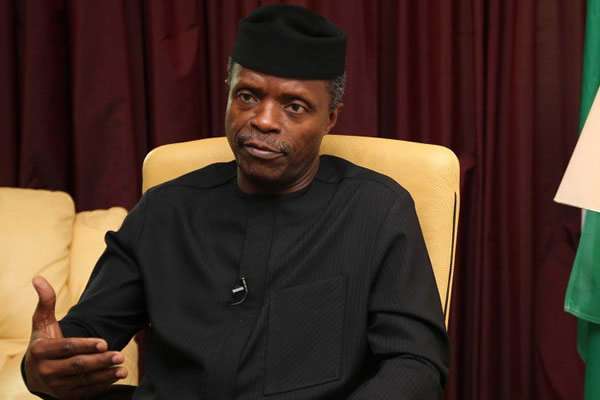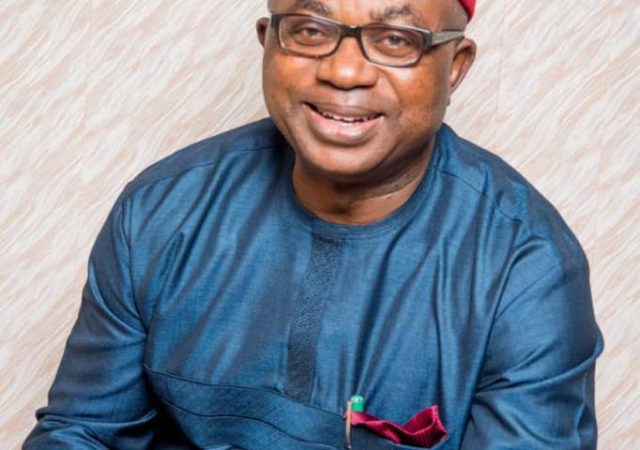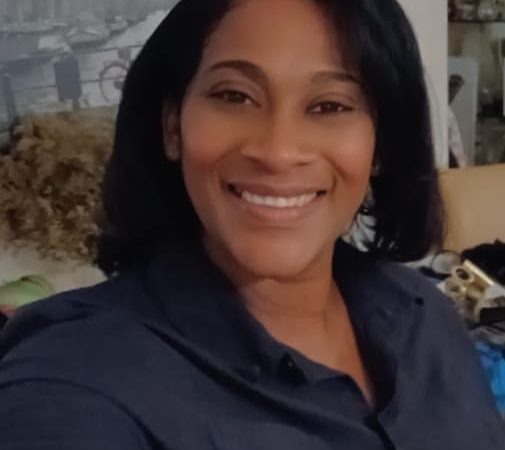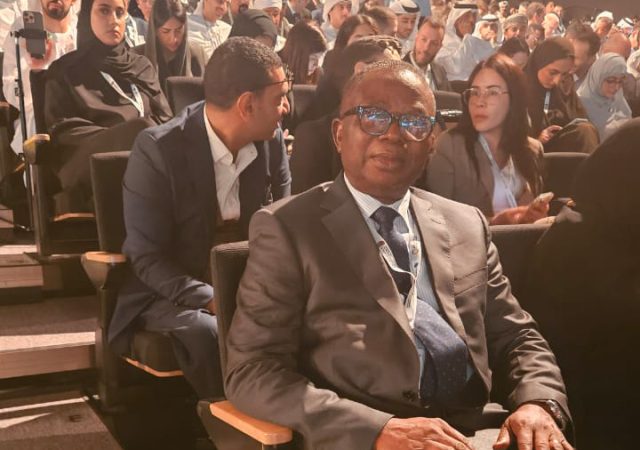By ’Yemi Adurotoye, West Africa Editor
Life, they say, is a beautiful melody but it is sometimes disappointing that the lyrics are messed up. This assertion could be said to aptly define the Executive-Legislative Relationship (ELR) in democracy, particularly in some of the Third World countries.
Democracy is practiced as a system of government by representation. That is why the definition crafted by Abraham Lincoln, the 16th American President that “democracy is government of the people, by the people and for the people” remains the most popularly accepted one the world over.
However, to make the system easily workable and effective, three arms of government were put in place as operational units. So, there is the Executive, the Legislative and the Judiciary. The units operate with the principle of separation of powers as enshrined in the country’s constitution. It is meant to prevent tyranny and dictatorial tendencies.
To most people’s understanding, the legislators make the laws; the Judiciary interprets them for implementation by the Executive. In all of these, the principle of checks and balances is fostered. But it is quite unfortunate that members of the Executive and the Legislative arms, who are the elected representatives of the people, act on cross purposes, which consequently results to strained relationship.
The cause of friction between the Executive and the Legislative arms, most times, bothers not on national interest but on ego trip, power tussle and supremacy of status. In Nigeria, for instance, the ELR is characterized by the above factors since the inception of democratic rule. The eight-year administration of former President Olusegun Obasanjo was replete with financial inducement of the National Assembly members to impeach their principal officers. In his first four years, four different persons were made Senate President in succession.
In the current dispensation, Nigeria’s President, Muhammadu Buhari had experienced the tough posture of the senators who are constitutionally empowered to screen the nominees for positions of Ministers, Ambassadors and Heads of government agencies; in the process some nominees were turned back. These some public commentators painted in political colour and depicted as misunderstanding between the two arms.
Ibrahim Magu, the man Buhari chose as Acting Chairman, Economic and Financial Crimes Commission (EFCC) was to appear before the Senate for screening; he couldn’t scale through; Ali Ahmed, a retired Colonel of the Nigerian Army, appointed as Acting Controller-General of Nigerian Customs Service (NCS) was invited to answer queries on his activities which were said to be counter-productive. Lanre Gbajabiamila was to be confirmed as the Director-General of Nigeria Lottery Commission couldn’t be screened by the angry members of the Red Chambers who are angry about a statement credited to Acting President, Yomi Osinbajo
For a number of rejections of nominees forwarded to the Senate, they were said to be based not on the ground of competence but on what many termed as ‘frivolous considerations.’ For instance, NCS boss was requested to appear in NCS uniform but he objected.
Professor ’Yemi Osinbajo, who is the Acting President, had a raw deal of the Nigeria’s Senate led by Abubakar Bukola Saraki because he represented Magu for confirmation. Soon after the row over the signing of the budget bill was over, Osinbajo forwarded some nominees for appointment to the Senate and the upper legislative chamber resolved to suspend their confirmation.
The Senate’s action was based on the fact that Osinbajo had earlier taken a position in April with Femi Falana, human rights lawyer that the Executive does not need to send Magu’s name to the Senate for screening. And so, the muscle flexing continues. Osinbajo says nobody can remove Magu as EFCC boss, describing him as a “nightmare for corrupt people”.
“We have confidence in Magu to fight corruption to a standstill. He will remain the EFCC Chairman as long as I remain the Acting President and as long as Muhammadu Buhari remains the President. For those thinking that corruption is beginning to win this war, Magu will remain their nightmare for the next two years or six years as the case may be,” he said.
Garba Shehu, Senior Special Assistant to the President on Media and Publicity, says the rift between the Executive and the Senate wasn’t a big issue as some people paint it, assuring that it will soon be resolved.
He said though the government had not taken any decision on the issue, all parties involved in the matter will soon meet to resolve it. “The party, government and the National Assembly will sit on a round table and this matter will be discussed and resolved.”
In the judiciary, the operators in the temple of justice carry out their activities. And they stand out! Though they are appointed based on their competence; they work in accordance with the provisions of the statue books of the country. It is the interference from the Executive end that obstructs the free flow of justice, thereby causing unanticipated friction.
To make democracy work, the three arms of government must work in harmony to galvanize the strengths of the people for socio-economic progress. Each arm must see others as partners-in-progress and be ready to work as such. Members of parliament must be prepared to embrace dialogue, employ the negotiation techniques and consensus building in their lawmaking processes.
Since the primary interest of leaders at all levels should be the people and not ‘selves,’ there shouldn’t be friction between occupants and operators in the various arms of government. Both the elected and appointed leaders should focus on the common interest and outcome that would be of benefit to the majority concerned.
The musical tune of democracy, no doubt, need be synchronized. Importantly, the harmony of the music being played by the Executive, the Legislative and the Judiciary to promote democracy and make key operators deliver on the services expected by the people depends largely on the thinking and action of the stakeholders – the elected, the appointed and the electorate.










